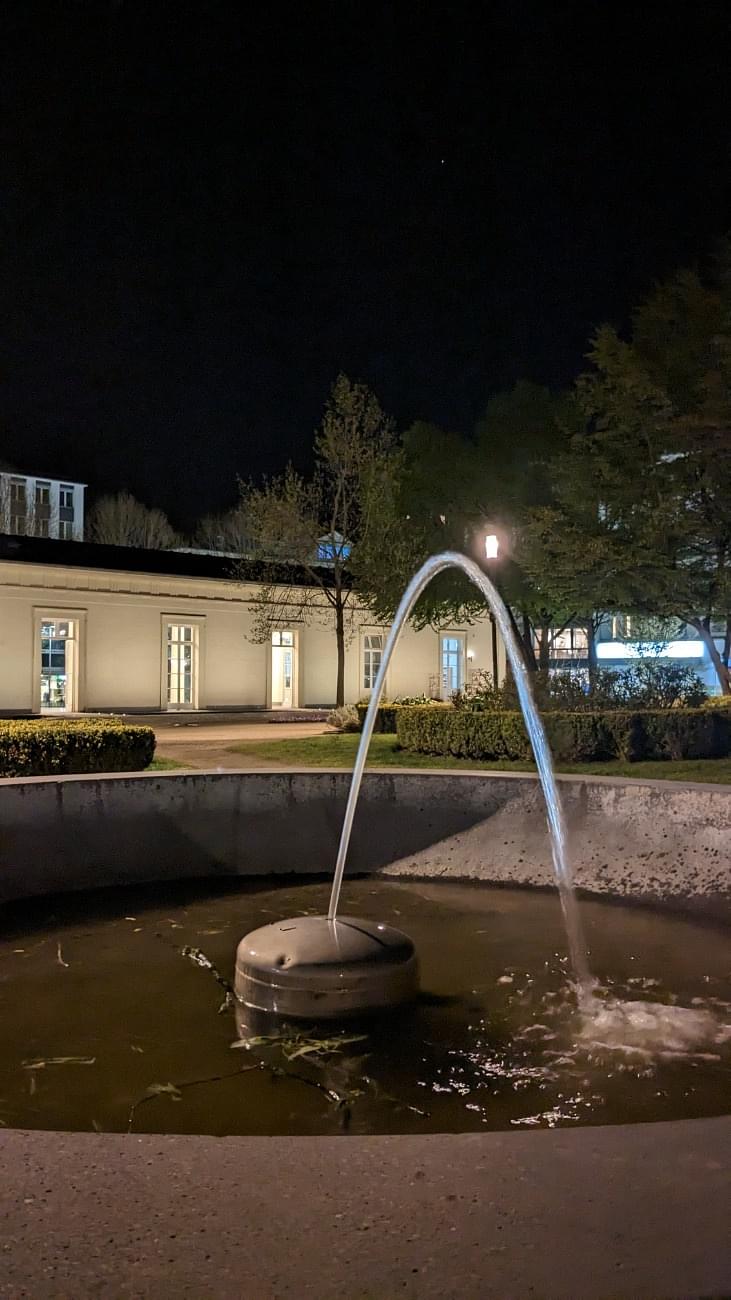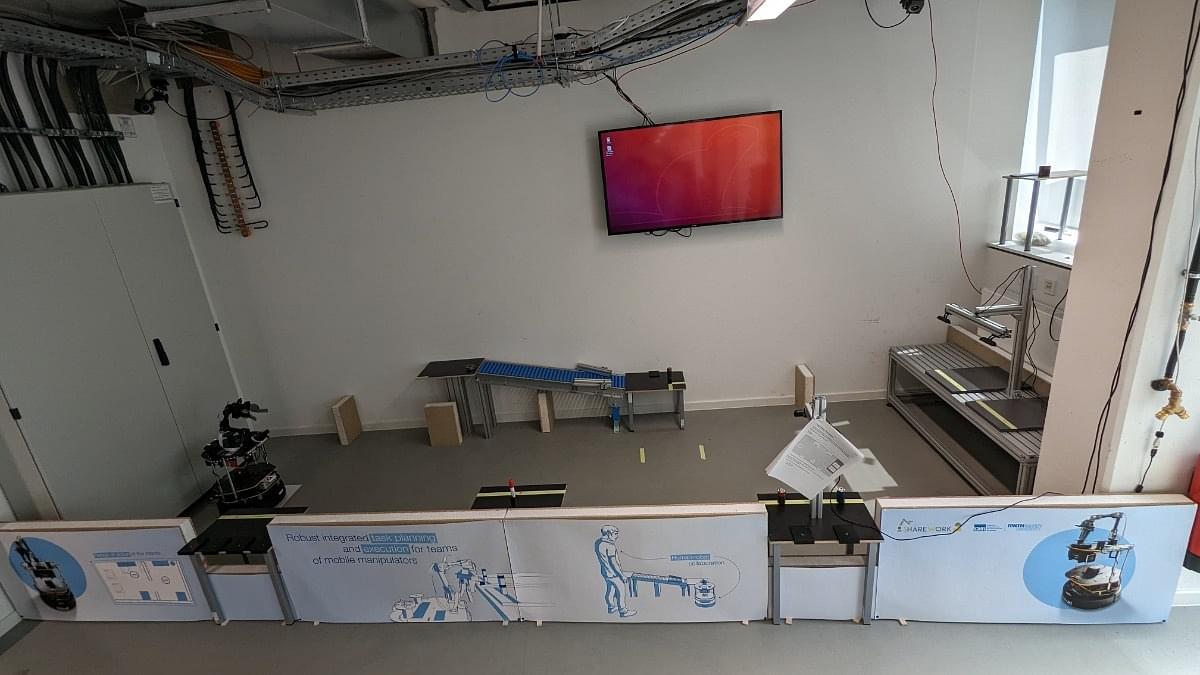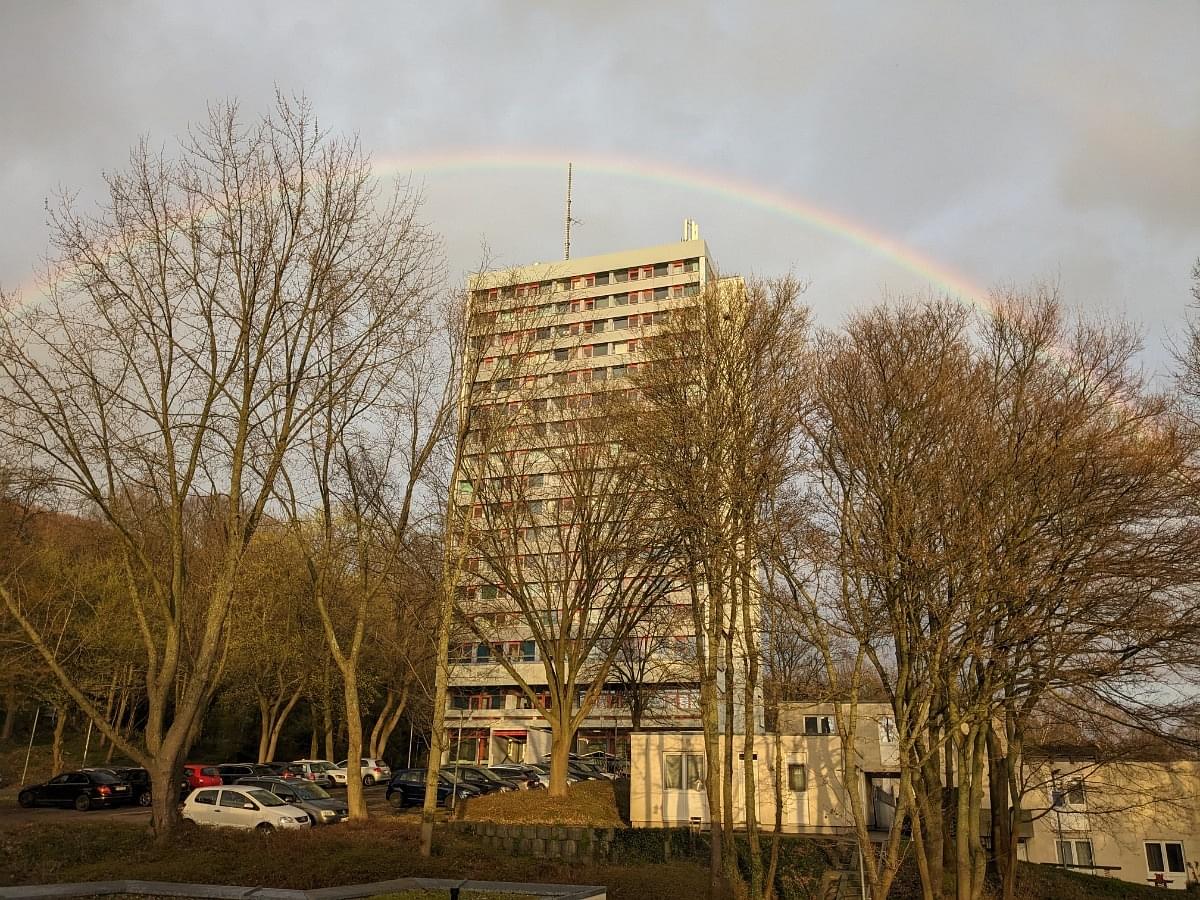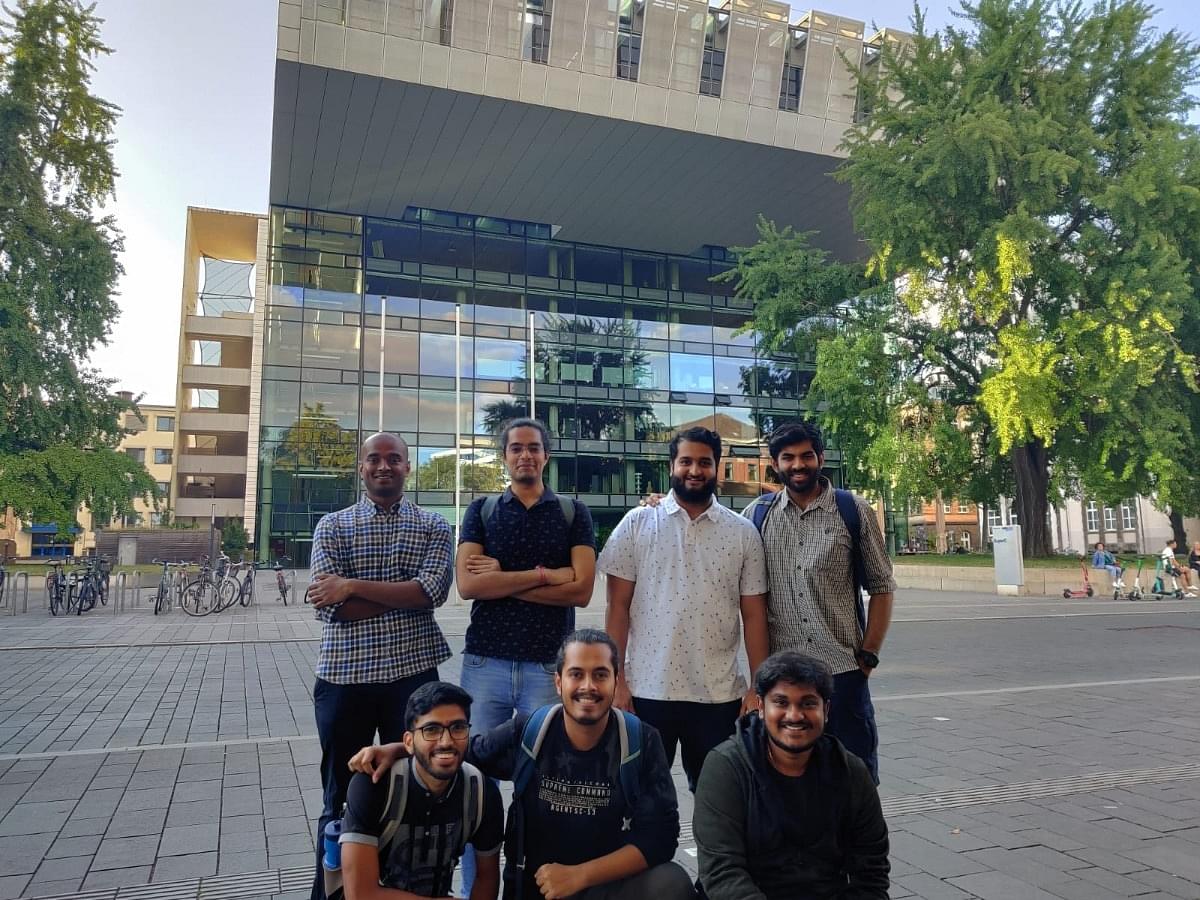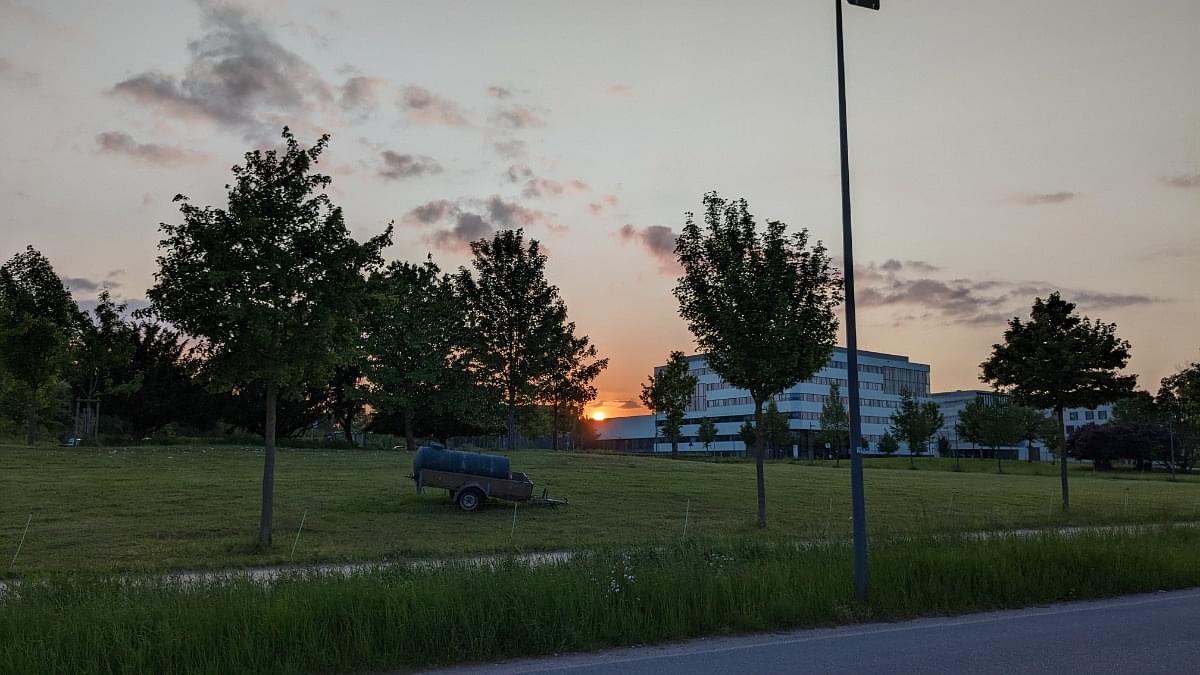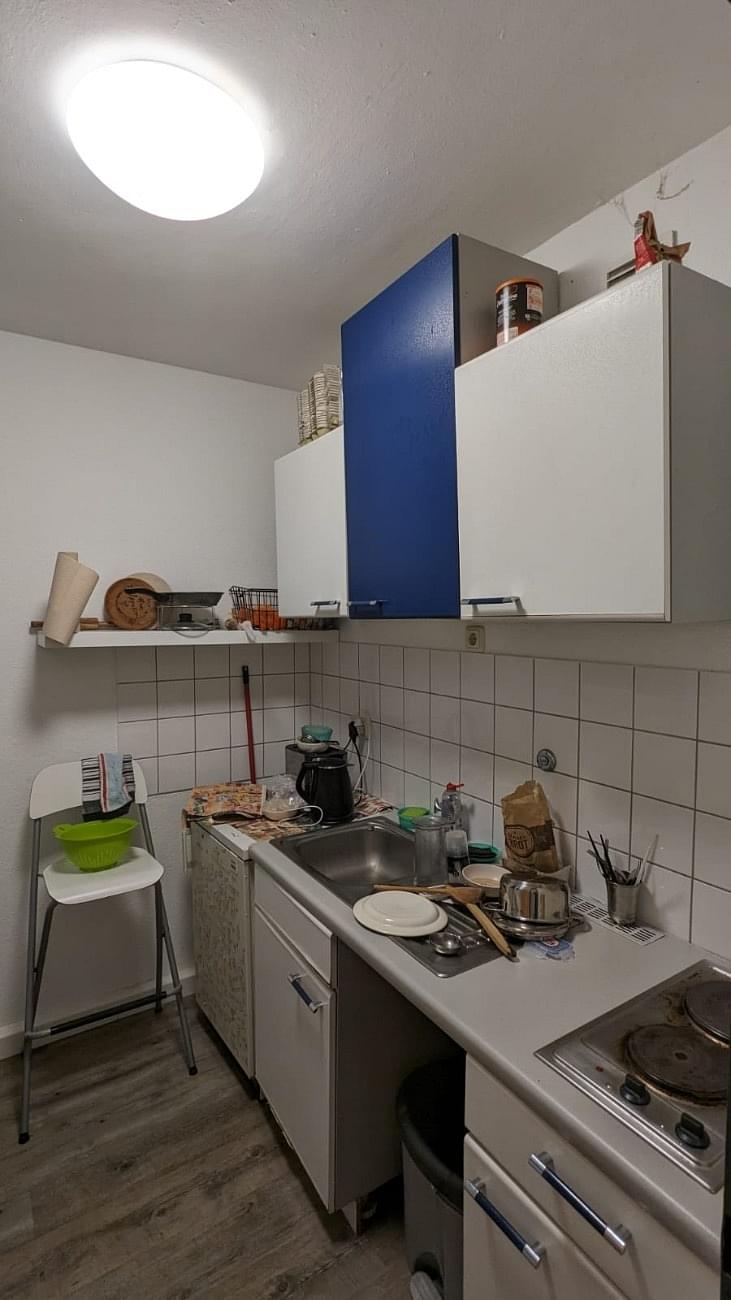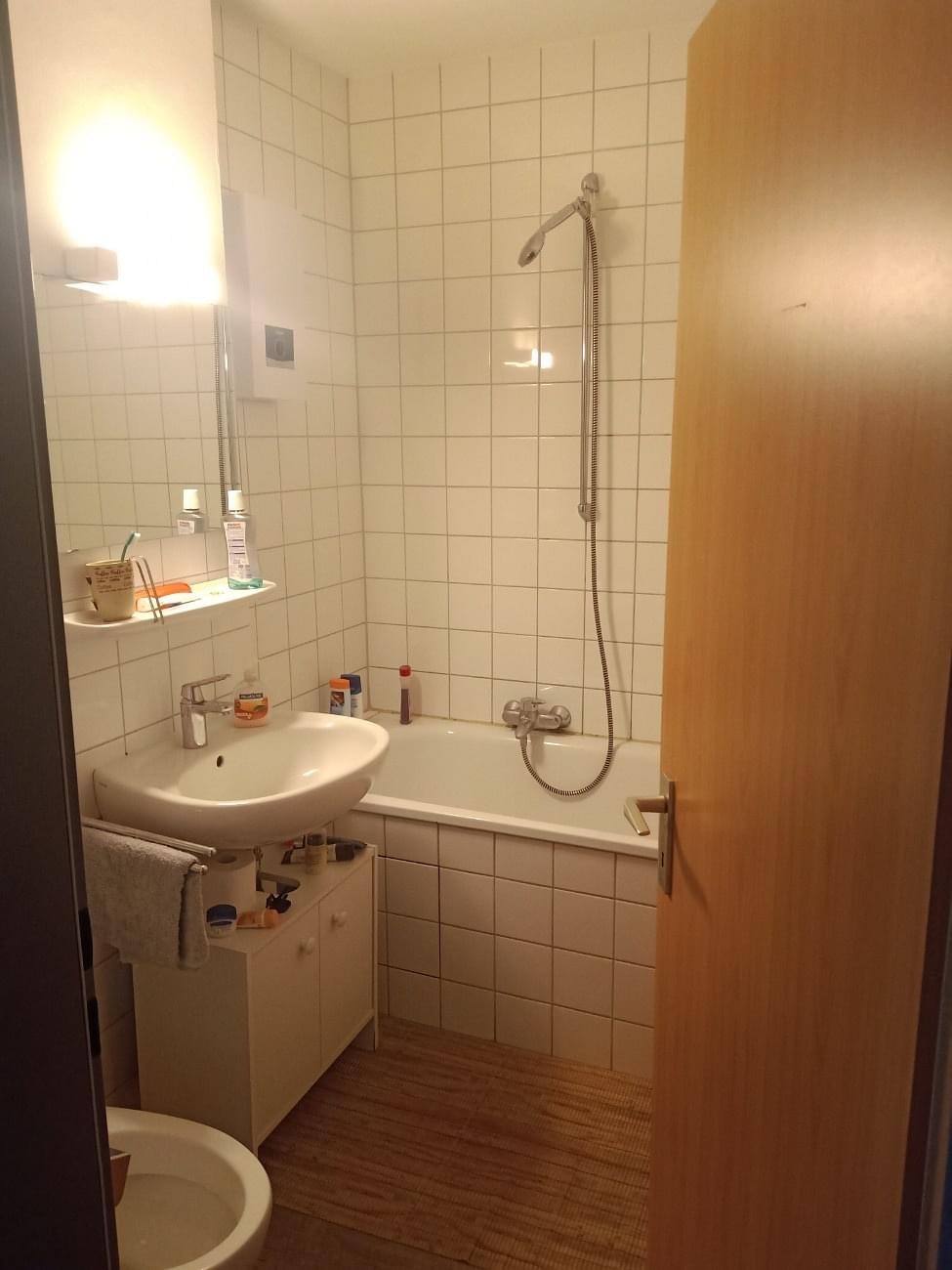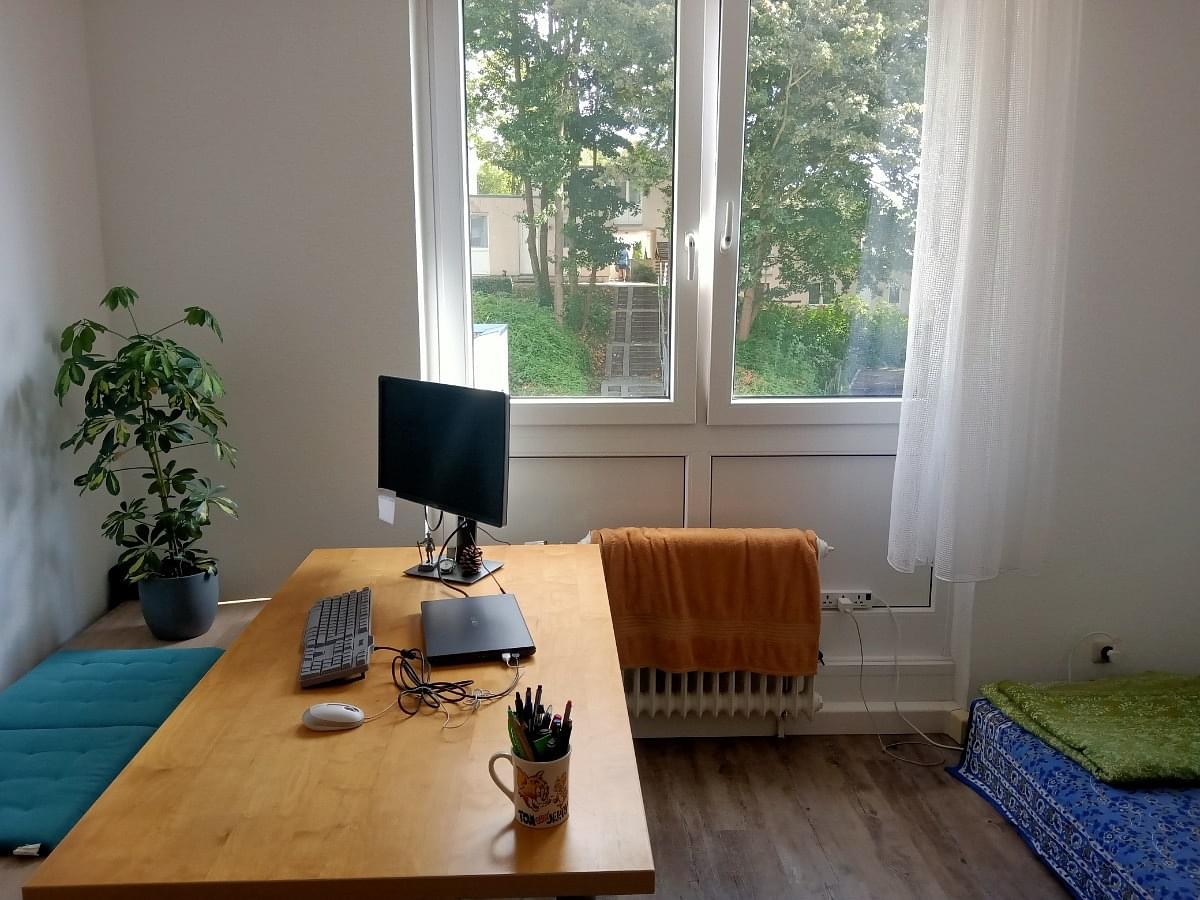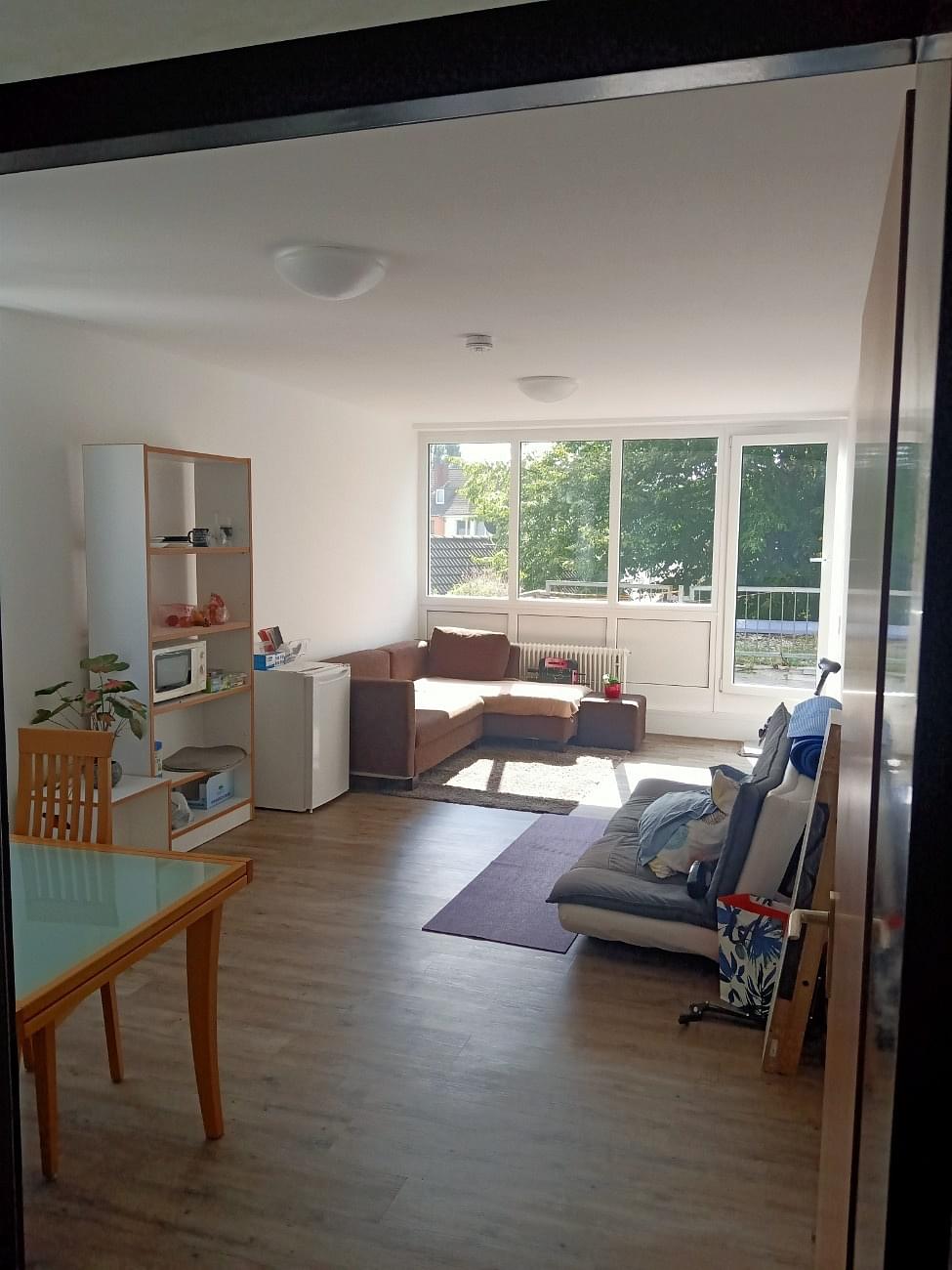What Students Say
Likes
- Flexibility with choosing your specialization based on your selected courses
- Hybrid class program with the ability to study at your own pace
- Ample opportunity to work in industry-funded projects
Dislikes
- Not much practical projects to get involved with (most of it was theory)
- No campus as such (There are univ buildings spread around the city)
- No opportunity for campus placements (you have to look for jobs on your own)
Required Exams for Admission
Course Curriculum
- The curriculum was challenging enough based on the depth of the concepts covered in few of the discipline courses. It was more theoretical than practical. Also, due to COVID the practical part was nearly zero during my study period.
- Some of the positive aspects for my course was that it was fairly distributed among the mechanical, controls and software part of robotics. On an average there were around 3-4 classes scheduled each day and the usual timings are 10am to 6 pm in the day. We had around 155 students in our class and among which 100 of them were indian
Admission Experience
-
Total colleges applied = 5
-
Got Rejected = 3
a. EPFL (Robotics)
b. ETH Zurich (Robotics systems and control)
c. TU Hamburg (Mechatronics)
Possible reason for rejection: Not enough strong LORs from the professors/ Delay in application/ High TOEFL score requirement -
Shortlisted = 2
a. KU Leuven (Mechanical Engineering)
b. RWTH Aachen (Robotics systems engineering) -
Admitted = 1
a. RWTH Aachen (Robotics systems engineering) -
First of all, I was interested in Robotics specifically. The other university where I got my application accepted was offering Mechanical engineering masters with possible specialization in robotics. Whereas, RWTH Aachen university was directly linked to my interest branch. That's why I preferred RWTH Aachen over KU Leuven
-
For the application (RWTH Aachen),
a. I need to fulfill the TOEFL(min. 90) and GRE score criteria (min. 145/160/3 for verbal/quant and analytical writing respectively)
b. For my course, there was a requirement of min. 2 years of work experience
c. 2 LORs (preferably one from workplace and one from bachelor's university)
d. Statement of purpose (SOP)
e. Bachelor course modules with details of topics learnt and their credits -
Overall, the admission experience was good. There were no big hurdles as such. The only challenge was to get a strong student profile by having good enough exam scores and a strong support from letters of recommendation. As we had to provide two LORs, it would be highly recommended to choose your writers wisely.
-
Intake - Winter Semester/ 2020
-
Robotics systems engineering course was only available in this intake and that's why that decision
- Application started in 2nd Dec/2019- There was an early bird offer where if you apply early you can get discount on your tuition fees.
- Application closed by 1st Mar/2020
- Got acceptance on 24th Mar/2020
- Course started on 2nd Oct/2020
Faculty
- The faculty-to-student ratio was 1:15. The ratio was good enough as there was enough opportunity to clarify doubts on the portal as well, where students can discuss among themselves. The quality of education was highly dependent on professor and based on which few of the course were very well taught as compared to others.
- The teaching methodology was balanced between clearing in-depth concepts and as well as applying those concepts on a real project. Due to which, students could secure job in both research positions as well as in industries dealing with automation and robotics.
We had opportunities to grab part-time jobs under PhDs in the university based on how we perform in separate courses. There are two faculty members I admire the most - Prof. Dr. Bastian Leibe and Prof Sebastian Trimpe for their excellent grasp and understanding of the concepts that they teach
Campus Life
- Our college has only one campus - Aachen campus
- Facilities include - Library, sports facilities (including indoor and outdoor sports), three to four College canteen spread in the city.
- There are various events that take place in university including fresher's party, job fair event, Christmas celebrations, easter celebrations, etc.
- Under extra-curricular we had variety of sports including football, badminton, basketball, kung-fu, karate, salsa, bachata, fencing, volleyball, handball, swimming, skiing, etc. We also had student clubs for competitions like solar cars, Formula student, building satellites, etc. There is also cultural event for easter and christmas celebration
Part Time Jobs
- For Teaching and Research assistant position typically 10% of the students can secure those positions, based on their grades scores in particular courses. The pay is hourly and every Masters student gets typically 14 euros/ hour rate. So, the pay range depends on the number of hours invested monthly in the particular job. There are other jobs like lab assistant available in the university. Apart from it, there are opportunities for part-time jobs in industries where typical hourly rate is higher as compared to TA/RA. Also, there are part time jobs available in factories, restaurants or food delivery industries as well which typically provide 1-12 euros per hour rate
- For RA/TA there is no upper limit for hours allowed. However, for outside university jobs there is a limit on max hours a student can work (120 full days) in a year, where one day constitutes of 8 hours
- Typical hourly rate is 10-14 euros/ hour. It is not that easy to get part-time jobs specially in universities. You must have good academic track to secure those positions. Else, getting part time job outside for ex- in factories is easy enough. THe only difference is in the hourly rate, which is lower outside and also it would not contribute much to the student resume for full-time job opportunities later as well
Placement
- Around 50-60% of students secure their job withing 6 month of getting the degree. Upon graduation, the average salary is around 50k-85k euros per month. There are no campus recruitments in the university so the common methods are to apply through company portals, through sharing your resumes to companies during job fairs, through internships, through networking with professors, etc.
- The placement experience is not that smooth, as each one of us have to apply to at least 20-50 positions to grab a good opportunity. Generally, people get jobs in the car industry looking for automation in various aspects including the EV sector. These companies include Mercedes, Audi, etc. Apart from it there are robotics industries as well.
Accommodation
- We used an online college portal to get the university dorms (subsidized rates). Other than that, we could also find private accommodation mainly on Facebook groups or through student network. The monthly rent typically is around 300-450 euros per month, which generally includes room, kitchen, bathroom, balcony, furniture (in some cases)
- There were challenges related to language while finding the accommodation. If the flat mates are German, they would prefer someone who can speak German (which is fair). It is always preferred to start looking for accommodation at least one-two month before moving to Germany. Also, since the college does not have any campus, the institute buildings are spread around the city, there is no specific location which you should look for. However, still it's better to be at the center of the city and hence students can look for accommodation near Ponttor, Elisenbrunnen, Mensa academica, Halifaxstrasse, etc.
Exams
-
Exams required
a. TOEFL (min. 90)/ IELTS
b. GRE (min. 305) -
Documents
a. 2 Letter of Recommendation (preferable one from work and one from bachelors university)
b. Statement Of Purpose
c. CV/ Resume
d. Document proof for 2 year of work experience (internships included)
e. Blocked account (with min. balance)
f. Health insurance (mandatory in Germany)
g. Travel insurance (for traveling to Germany)
h. VISA
i. 10th/ 12th certificate
j. Bachelors Degree and Transcript -
No interview was involved
Fees
- Tuition fees (charged every semester) - 4500 Euros / Semester for 4 semesters
- Social contribution fees - 200 Euros/ Semester (included free transportation)
- Monthly expenses ~ 800 euros/ month
a. No hostels as such, normal rent ~ 400 euros/ month
b. Groceries/ Food ~ 200 euros/ month
c. Other leisures ~ 100-150 euros/ month
d. Radio Tax/ Electricity bill ~ 50 euros/ month
Scholarship
- I received a merit-based scholarship for Best of Class Award. The eligibility criteria was based on your academic grades, involvement with university projects, extra-curricular activities. The overall performance was compared among your course students only.
- The award amount was 50% of your tuition fees (2250Euros) for that particular semester
- My other batchmates received the same in other semesters, there was also scholarship based on if you want to get fund for a project you are involved with. Apart from it, there are some opportunities with DAAD scholarship as well
- Typically, every semester 4-5 students get these scholarships with average amount of around 2k-4k euros


